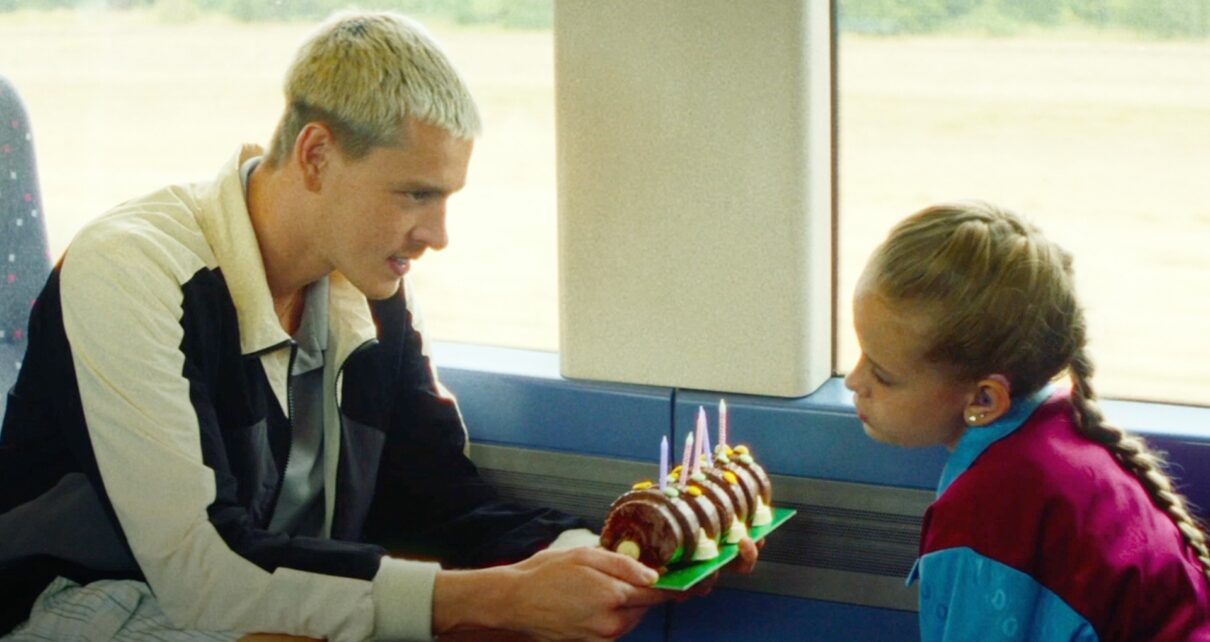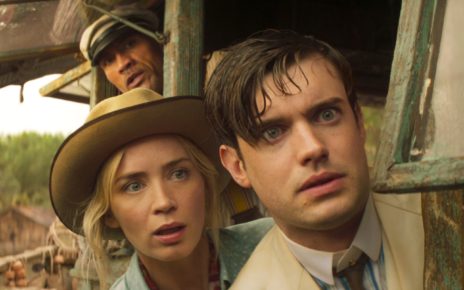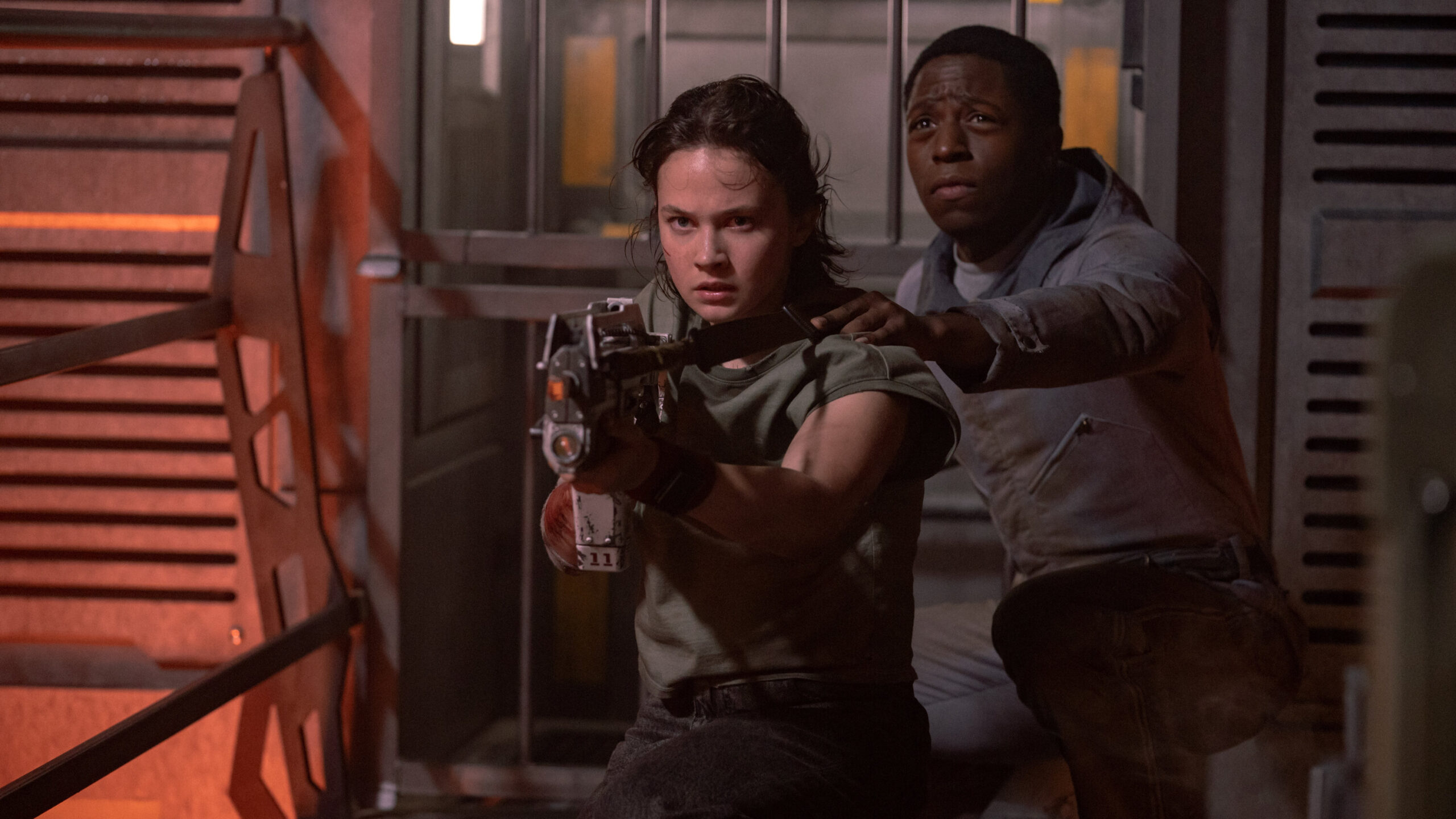What was the plan here, exactly? Because mom can’t possibly have wanted her pre-pubescent daughter to live on her own, right? I mean the whole set-up here is a game of “What’s wrong with this picture?” But, of course, that’s the point. We’re not sure how we got exactly to this moment, but we accept for now that there’s a 12-year-old girl in an English suburb living on her own without income or means or parents of any kind, and yet, she has more space than most occupants of Manhattan.
Georgie (Lola Campbell) steals bicycles. This is the only way she knows how to get by with mom being dead and all. She has an accomplice, Ali (Alin Uzun). Ali is the only person who knows Georgie’s full story. He serves as her friend and lookout in more ways than one.
You might ask at this point (as I did), “How can a 12-year-old fund an entire life, including flat rental, on bicycle theft?” She can’t. The film doesn’t really acknowledge this, but there are several elements of fantasy in this tale. For one thing, despite wearing the same outfit and constantly and living a life of thieving and fighting and grease stains and fleeing from police, Georgie always appears clean and neat, freshly laundered and pristine. Ummm, who braids Georgie’s hair? How is that possible? Georgie avoids social workers by claiming she’s living with “Uncle Winston Churchill,” a statement that wouldn’t fly in this country, let alone the U.K. She records the voice of a local convenience store jockey for pat answers over the phone to adult questions. Again, this plan can’t possibly fly for long, can it?
The good news is dad eventually shows up. The bad news is he probably needs a parent, too. Geez, Jason (Harris Dickinson), how old were you when you fathered Georgie? Nine? Jason has been in Spain selling nightclub  tickets, so, you know, adulting. Who knows when he found out his daughter had been orphaned, but here’s here now. And he knows less about parenting than the kid does. And for whatever justifiable reason you care to ponder, Georgie is immediately hostile to Jason.
tickets, so, you know, adulting. Who knows when he found out his daughter had been orphaned, but here’s here now. And he knows less about parenting than the kid does. And for whatever justifiable reason you care to ponder, Georgie is immediately hostile to Jason.
Poverty-based fantasy or no, Scrapper is a good watch. We care about Georgie; we care about Jason. We might have ideas about how they should solve their problems, but nothing is obvious here. A kid with no mom and a loser dad is going to have problems no matter what you do. No matter how well-intentioned, Georgie and Jason have rough times ahead. We know it, which is why we celebrate the rare smiles with unclouded enthusiasm.
The only true problem I have with Scrapper is length. Following Rye Lane before it, Scrapper (at 84 minutes) feels unfinished. When the film ends, precious little has been resolved and all of the character decisions could easily be undone with another two minutes of screentime. I like the story enough to want to see a limited series about it; can we at least see these characters a year from now to see how they got on? Until that point, it feels like the film crew prematurely ran out of film.
Little Georgie was left without a mum
Her situation was a far cry from “plum”
Then dad made the scene
Which could make everything green
Especially if he knew how one gets income
Not Rated, 84 Minutes
Director: Charlotte Regan
Writer: Charlotte Regan
Genre: New Dickens
Type of being most likely to enjoy this film: Anyone who can sympathize with a 12-year-old orphan
Type of being least likely to enjoy this film: The kind of people who are villains in Dickens books



